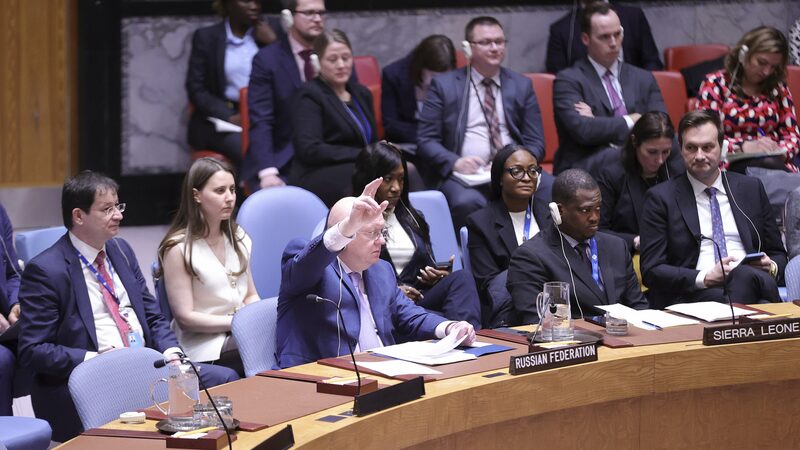In a volatile escalation of economic rhetoric, U.S. President Donald Trump has imposed a 10 percent tariff on Chinese-made goods and a 25 percent tariff on goods from Canada and Mexico, effective February 1. This announcement, framed within accusations regarding the distribution of fentanyl, a highly potent synthetic opioid, has reignited global concerns about fresh trade wars and their far-reaching consequences.
Trump's simultaneous targeting of China, Canada, and Mexico underscores his administration's aggressive trade posture. However, amidst this fiery rhetoric, China's response, articulated by a Foreign Ministry spokesperson on February 2, serves as a sobering reminder of the futility of trade wars.
\"The U.S. imposed a 10 percent tariff on Chinese exports to the U.S. using the fentanyl issue as an excuse. China is strongly dissatisfied with this and firmly opposes it. We will take necessary countermeasures to firmly safeguard our legitimate rights and interests,\" the Foreign Ministry spokesperson stated.
China's assertion that trade wars produce no winners is rooted in the economic interdependence that defines the modern global economy. The United States and China, despite their ongoing trade disputes, remain critical trading partners. Disrupting this balance with tariffs will have ripple effects on global trade, leaving businesses, consumers, and governments scrambling to adapt.
For American manufacturers reliant on Chinese components, a 10 percent tariff translates to higher production costs. These costs are likely to be passed on to consumers, eroding purchasing power and fueling inflation. Additionally, American exporters may face retaliatory measures, potentially jeopardizing their access to one of the world's largest consumer markets.
While Trump touts tariffs as a means of addressing trade imbalances and protecting American jobs, the broader consequences tell a different story. Protectionist policies have the potential to stifle innovation, disrupt global supply chains, and increase costs for businesses and consumers alike.
China, on the other hand, has consistently positioned itself as a proponent of free trade and multilateralism. It is an active participant in World Trade Organization affairs and has spearheaded initiatives such as the Regional Comprehensive Economic Partnership, the world's largest free trade agreement, which came into effect in January 2022.
The risks of Trump's tariff threats extend beyond China-U.S. relations. Canada and Mexico, America's top trading partners, have already signaled their readiness to retaliate. Canadian Prime Minister Justin Trudeau has warned of counter-tariffs \"worth billions of dollars,\" while Mexico has emphasized its commitment to safeguarding its national interests. Similarly, the European Union, which Trump accused of treating the U.S. \"very, very badly,\" is unlikely to stand idle in the face of protectionist measures.
As the global community watches these developments unfold, the imperative for dialogue and cooperation becomes increasingly clear. Trade wars, history has shown, tend to escalate tensions without yielding long-term benefits. A balanced approach that addresses trade concerns while fostering mutual growth may be the key to navigating these turbulent times.
Reference(s):
cgtn.com




